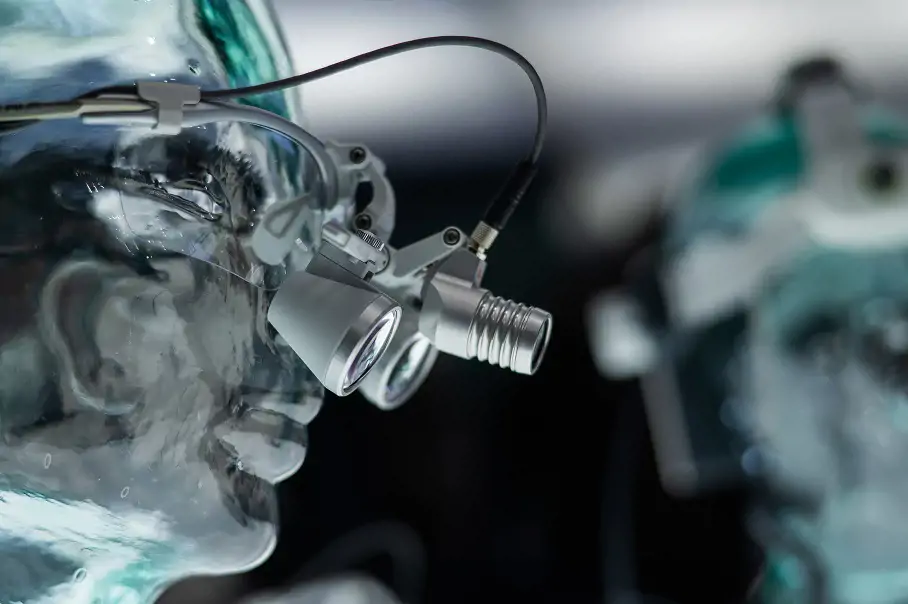
Quick CV Dropoff
Send us your CV

Finding the right talent is a critical aspect of building a
successful life sciences organization, particularly when it comes to hiring
medical engineers. These professionals play a vital role in developing and
implementing innovative solutions that advance medical technology and improve
patient care. However, with numerous factors to consider, it is essential to
understand the key considerations for hiring medical engineers and finding the
right fit for your organization.
Skills and Qualifications: Medical engineering is a
multidisciplinary field that requires a diverse skill set. Look for candidates
with a strong foundation in engineering principles, coupled with specialized
knowledge in areas such as biomedical instrumentation, medical imaging,
biomaterials, or biomechanics. Assess their educational background,
certifications, and relevant experience to ensure they possess the necessary
technical expertise to contribute to your organization's goals.
Industry Knowledge: Familiarity with the life sciences
industry is crucial for medical engineers. Look for candidates who have a solid
understanding of regulatory requirements, quality standards, and compliance
frameworks specific to the medical device or pharmaceutical sectors. This
knowledge ensures that the engineer can navigate the complex regulatory
landscape and develop solutions that align with industry guidelines.
Problem-Solving and Innovation: Medical engineers are tasked
with identifying and solving complex problems in healthcare. Seek candidates
who demonstrate strong analytical and problem-solving skills, as well as a
track record of innovation. The ability to think critically, propose creative
solutions, and adapt to evolving technologies is essential for driving
advancements in medical engineering.
Collaboration and Communication: Effective collaboration is
crucial for success in any organization. Medical engineers often work in
interdisciplinary teams, requiring strong communication and teamwork skills.
Assess candidates' ability to effectively communicate technical concepts to
both technical and non-technical stakeholders. Look for evidence of successful
collaboration and a willingness to work in a team-oriented environment.
Ethical Considerations: In the field of medical engineering,
ethical considerations play a significant role. Evaluate candidates'
understanding of ethical principles, their commitment to patient safety and
well-being, and their adherence to ethical codes of conduct. A strong ethical
foundation is essential for ensuring the responsible and ethical development of
medical technologies.
Adaptability and Continuous Learning: The field of medical
engineering is rapidly evolving, with advancements in technology and scientific
discoveries shaping the landscape. Seek candidates who demonstrate a
willingness to learn, adapt to new methodologies, and stay updated with
emerging trends. Look for evidence of their commitment to ongoing professional
development, such as participation in conferences, workshops, or advanced
training programs.
Cultural Fit: Assessing cultural fit is crucial for
long-term success and employee satisfaction. Consider the values, mission, and
work environment of your organization, and evaluate whether candidates align
with these aspects. Look for individuals who demonstrate a passion for making a
difference in healthcare and share a commitment to your organization's goals
and values.
By carefully considering these key factors when hiring
medical engineers, you can increase the likelihood of finding candidates who
are the right fit for your life sciences organization. Remember, the ideal
candidate should possess the necessary skills, qualifications, and attributes
while also aligning with the unique needs and culture of your organization.
With the right medical engineering talent on board, your organization can drive
innovation, develop ground-breaking solutions, and ultimately make a positive
impact on patient care and outcomes.